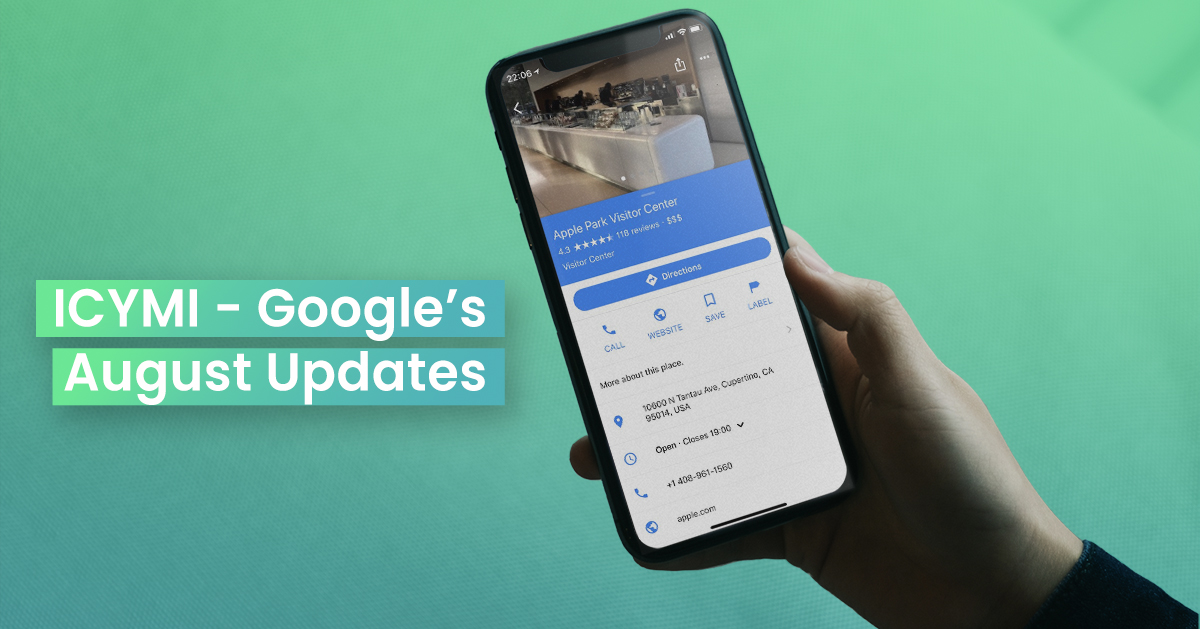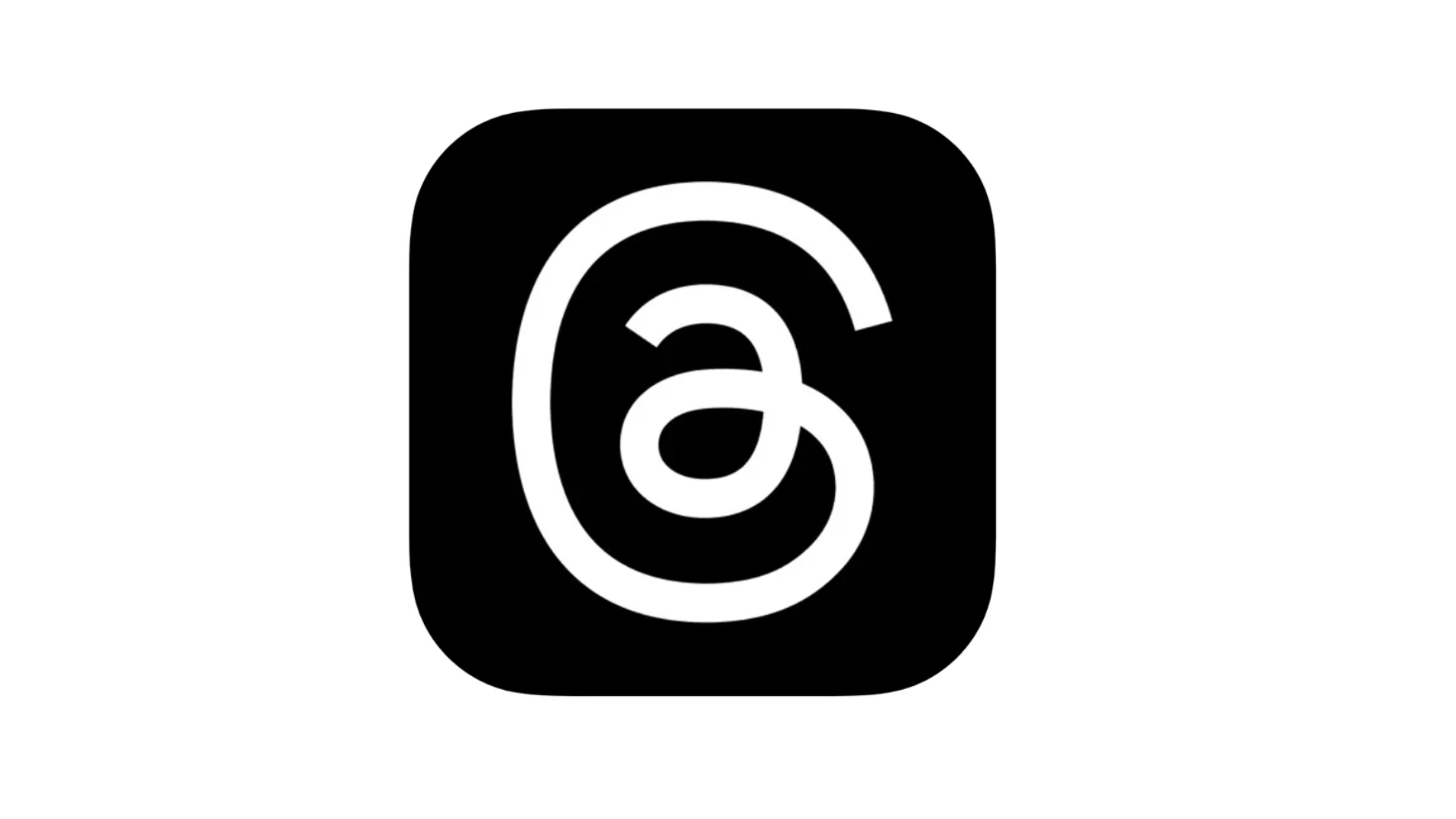
On the 1st of August, Google rolled out a new algorithm update (referred to as the ‘Medic Update’), which targets broad searches across the world. This was the third notable update to come in 2018, and many SEO experts are calling it the biggest update since Penguin in 2012.
Google is referring to this update as a broad, global and core update, which implies that every site out there could be impacted.
According to the research from sources like Search Engine Land, the update seems to focus on health, medical and YMYL (Your Money Your Life) sites. Although Google hasn’t confirmed this focus, data from several analytics and data companies (including Sistrix, RankRanger, and SEMRush) suggest it’s true.
What Are YMYL Sites?
YMYL sites are defined as pages that:
- Solicit personal information that could be used for identity theft
- Are used for transactions
- Provide medical/health information that could impact the wellbeing of readers
- Offer advice on major life decisions like parenting or buying a house
- Give advice about major life issues that could impact the future happiness or finances of readers (like legal or financial advice)
Have You Noticed Ranking Drops Due to this Update?
According to Google officials, “There’s nothing wrong with pages that may now perform less well. Instead, it’s that changes to our systems are benefiting pages that were previously under-rewarded… There’s no “fix” for pages that may perform less well other than to remain focused on building great content. Over time, it may be that your content may rise relative to other pages.”
So, basically, Google is telling us that there is no quick fix and that, as always, the key to great rankings is offering a great user experience, high-quality content and a useful website.
Tips for Staying on Top
SEO communities suggest that the following factors are important when it comes to the SEO techniques that are being penalised and rewarded:
- Mobile first-index – mobile first indexing is now fully underway, so make sure that your site is mobile friendly!
- Content and on-site linking – Google hints that website content should have expertise, authority and trust. This is particularly relevant for YMYL sites – Google wants authoritative medical information to be distributed by professors and doctors, not by SEO bloggers. How can Google tell? SEO bloggers tend to link to outside sources, whereas experts state their own opinions!
- Site speed – this has always been on Google’s radar but is now essential for good SERP results.
Final Thoughts
It appears this update intends to make content more authoritative, give users a better mobile search experience and provide faster loading times across all devices. While the health industry appears to have been hit the hardest, any site can be affected, and us SEO professionals need to remain as diligent as ever!

